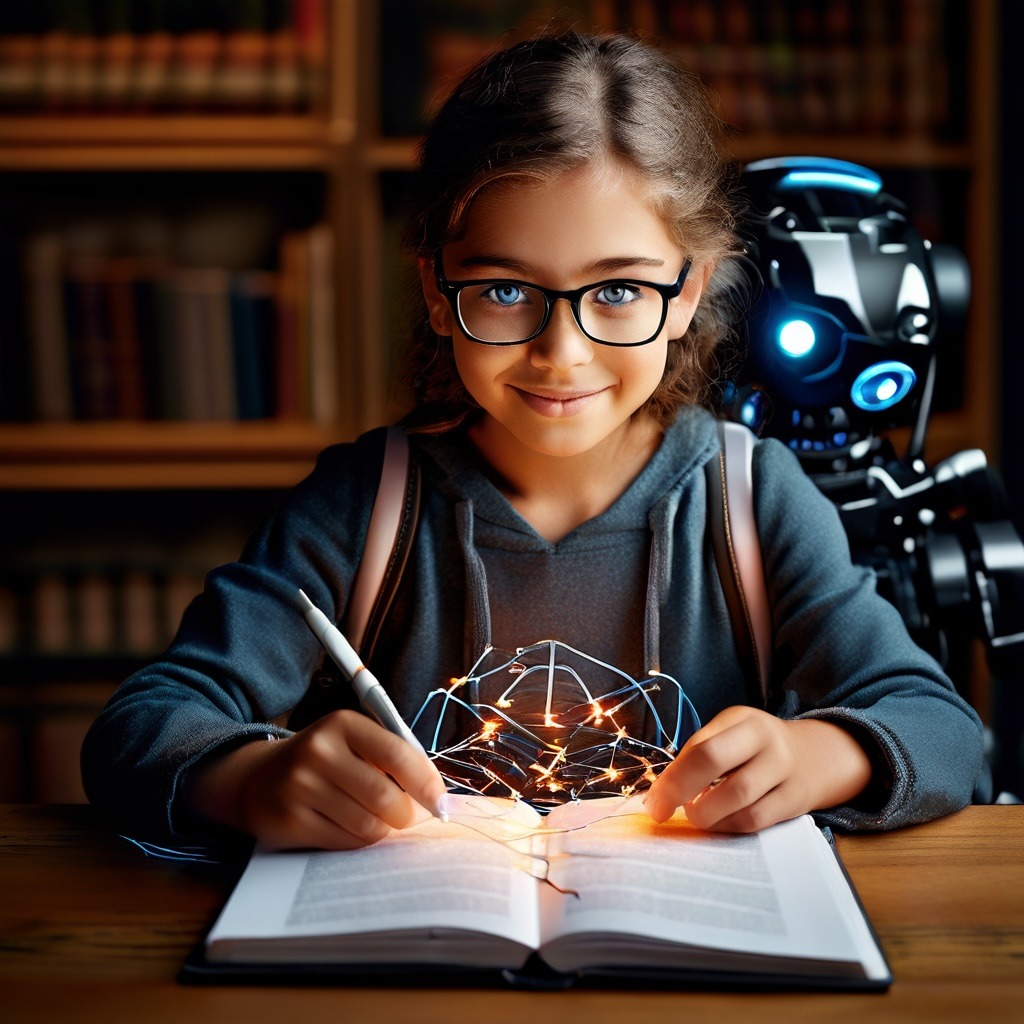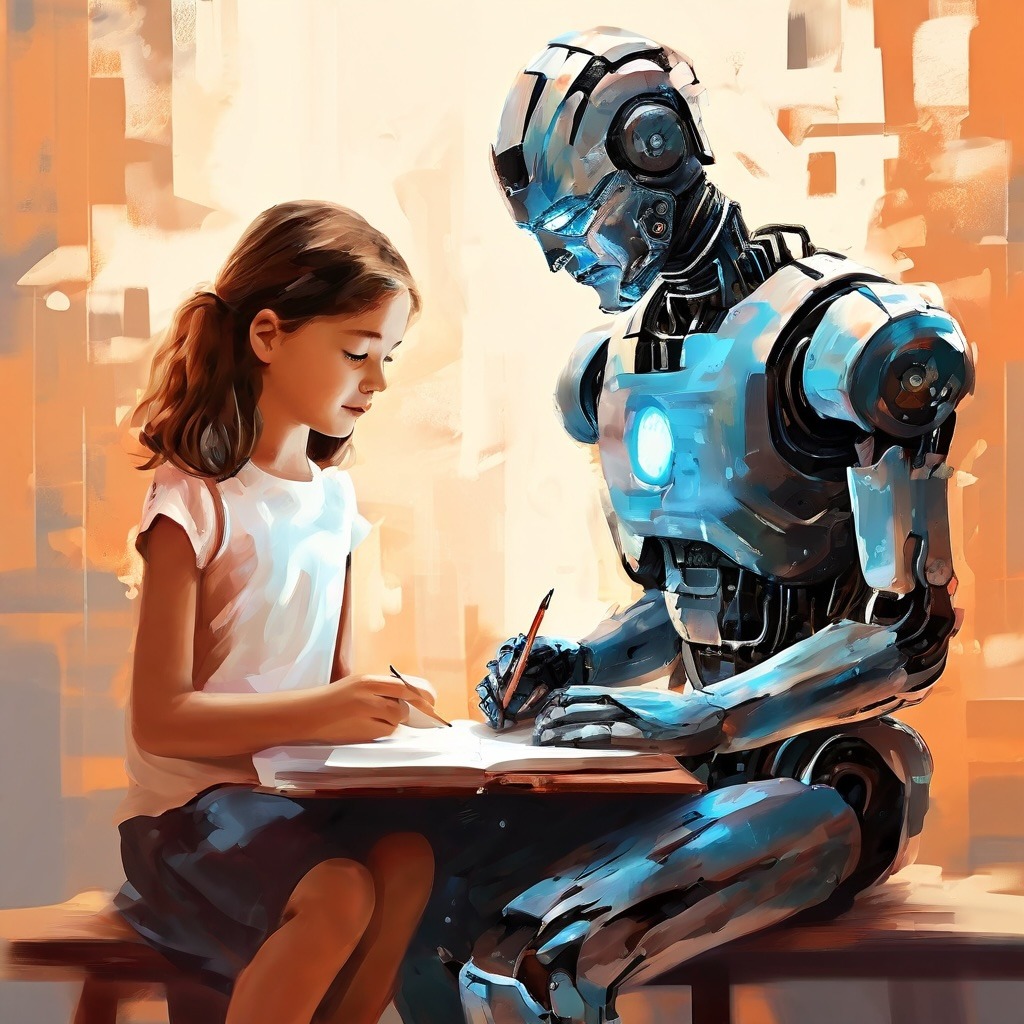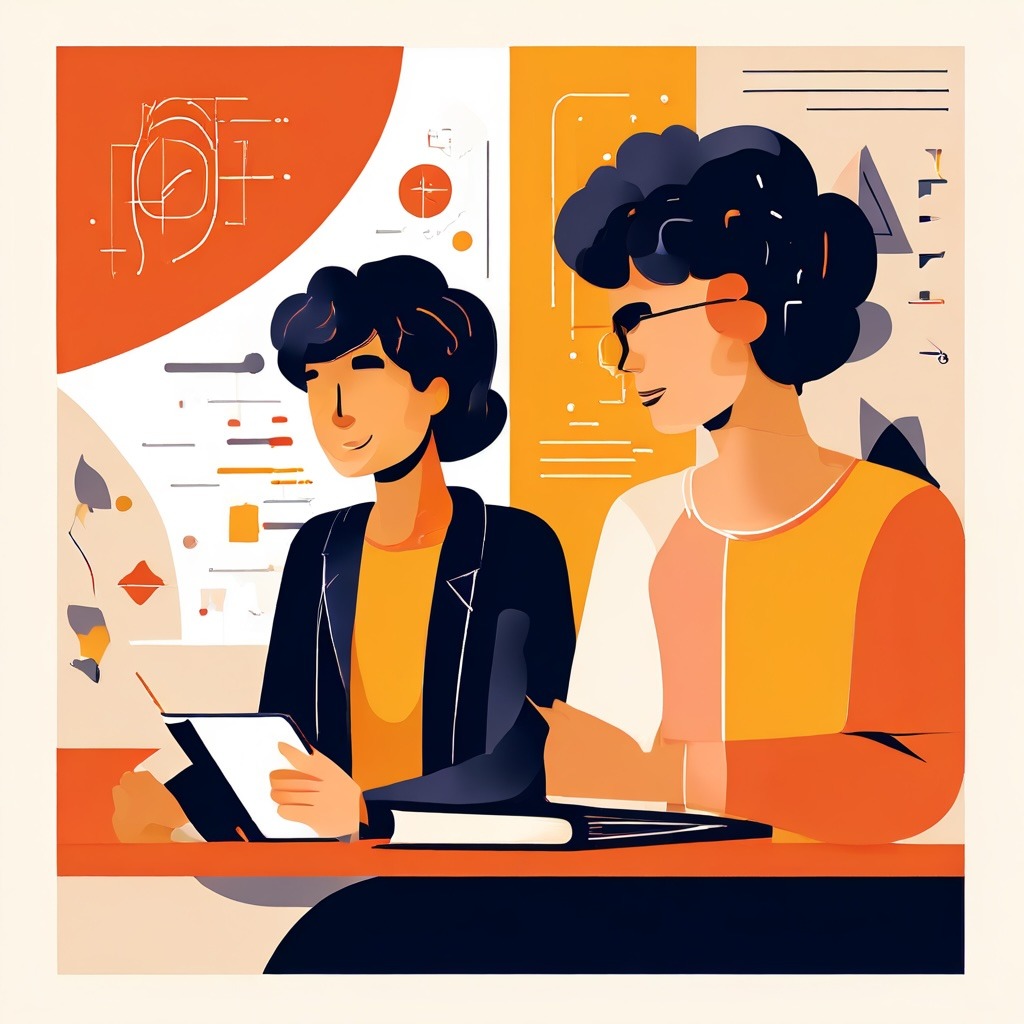As educators, we are constantly seeking ways to enhance our teaching methods and engage our students in meaningful and relevant ways. With the rapid advancements in technology, it’s important for us to also adapt and embrace these changes to better prepare our students for the future. One such technology that has the potential to revolutionize the way we teach and learn is Artificial Intelligence (AI).
AI is the simulation of human intelligence processes by computer systems, including learning, reasoning, and self-correction. It has already made its way into various aspects of our daily lives, from virtual assistants like Siri and Alexa to self-driving cars. With the growing demand for AI professionals in various industries, our students must have a solid understanding of this technology.
As educators, it’s our responsibility to equip our students with essential AI literacy to build knowledge and gain experience. But how do we go about this? Here are some ways we can support educators in incorporating AI education into their teaching:
Educate ourselves first
Before we can effectively teach our students about AI, we must first educate ourselves. As a teacher, it’s essential to have a basic understanding of AI and its applications. Attend workshops, conferences, or online courses to learn more about AI and how it can be integrated into the curriculum. Additionally, stay updated on the latest advancements in the field and how they may impact our students’ future careers.
Incorporate AI into the curriculum
Integrating AI into the curriculum can be done in various subjects and at different grade levels. For example, in math classes, students can use AI to solve complex problems and analyze data. In English classes, they can use AI to generate creative writing prompts or analyze the language used in a piece of literature. By incorporating AI into different subjects, we can make it more accessible and relatable to our students.
Encourage hands-on learning
AI is a technology that is best learned through hands-on experience. Encourage your students to explore and experiment with AI tools and programs. This can be done through coding clubs, AI competitions, or even through simple projects like creating a chatbot. By allowing students to get their hands dirty with AI, they can develop a deeper understanding and appreciation for the technology.
Collaborate with other educators
Collaboration is key when it comes to incorporating AI education into the curriculum. Reach out to other educators in your school or district who are also interested in AI education. Together, you can brainstorm ideas, share resources, and support each other in implementing AI in your classrooms. Additionally, consider collaborating with professionals in the field of AI to bring real-world applications and experiences into the classroom.
Utilize online resources
There are numerous online resources available for educators to incorporate AI into their teaching. Websites like Code.org, AI4K12, and AI4ALL offer lesson plans, activities, and other resources specifically designed for educators. Additionally, there are online courses and webinars available to help educators gain a better understanding of AI and how to incorporate it into their teaching.
Make it fun and engaging
Learning about AI doesn’t have to be boring or intimidating. As educators, it’s our job to make the learning experience fun and engaging for our students. Use games, puzzles, and other interactive activities to introduce AI concepts and principles. This will not only make learning more enjoyable for students but also help them retain information better.
Emphasize the ethical implications of AI
As with any technology, there are ethical implications to consider when it comes to AI. It’s crucial to educate our students about the potential consequences and ethical considerations of AI. Encourage them to think critically about the impact of AI on society, and how they can use it responsibly and ethically.
AI has the potential to revolutionize the way we teach and learn. As educators, it’s our responsibility to prepare our students for the future, and that includes equipping them with essential AI literacy. By educating ourselves, incorporating AI into the curriculum, encouraging hands-on learning, collaborating with other educators, utilizing online resources, making it fun and engaging, and emphasizing the ethical implications of AI, we can support each other in embracing the potential of AI education. Let’s embrace this technology and prepare our students for a future where AI will play a significant role.





